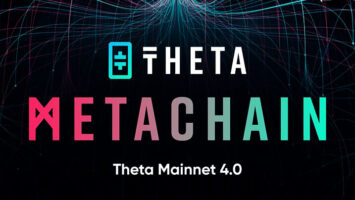SNEAK PEEK
- Web3 gaming remains a magnet for investors despite market downturns.
- A recent DappRadar report shows $297 million invested in blockchain gaming.
- Asia dominates the Web3 gaming sector, while the US focuses on NFTs and DeFi.
Despite the broader market’s downturn, Web3 gaming continues to attract significant interest, predominantly from investors in the blockchain technology realm. According to a recent report by DappRadar, a staggering $297 million has been pumped into this niche, with a lion’s share directed toward gaming infrastructure.
Moreover, July’s statistics reveal a compelling narrative. Blockchain gaming constituted a substantial 41% of all decentralized app (dapp) activities. Consequently, this surge isn’t merely a flash in the pan but indicative of a larger trend.
Vance Spencer, co-founder of Framework Ventures, shed light on the global divide in this arena. He emphasized that while the US leans heavily towards NFTs, culture, and DeFi, Asia emerges as the dominant player in the gaming market. He added, “In gaming, there are essentially no barriers to crafting an engaging crypto game.”
Echoing Spencer’s sentiments, Michael Anderson, another co-founder at Framework Ventures, shed light on the not-so-distant future. He hinted at a paradigm where games with ownership features would invariably overshadow their traditional counterparts.
However, while the industry shows promise, it’s not without challenges. Scott Sunarto, the dynamic founder and CEO of Argus Labs, voiced concerns at a recent panel discussion at Permissionless II. He highlighted the trend of game studios retrofitting Web2 games with a mere NFT layer. Instead of this superficial approach, Sunarto is an advocate for exploring innovative methods to integrate crypto levers. This, he believes, would elevate Web3 gaming beyond mere collectibles, enhancing its appeal manifold.
Additionally, Sunarto touched upon another vital aspect of the gaming world — distribution. He believes gaming providers will lean towards owning their distribution channels. Hence, it’s likely that publishers will drift to their custom chains. Here, they can exert greater control, right from managing gas subsidies to intricate chain-level customizations. Such strategies, Sunarto feels, can not only enhance user experience but also arm game publishers with features that set them apart from competitors.









